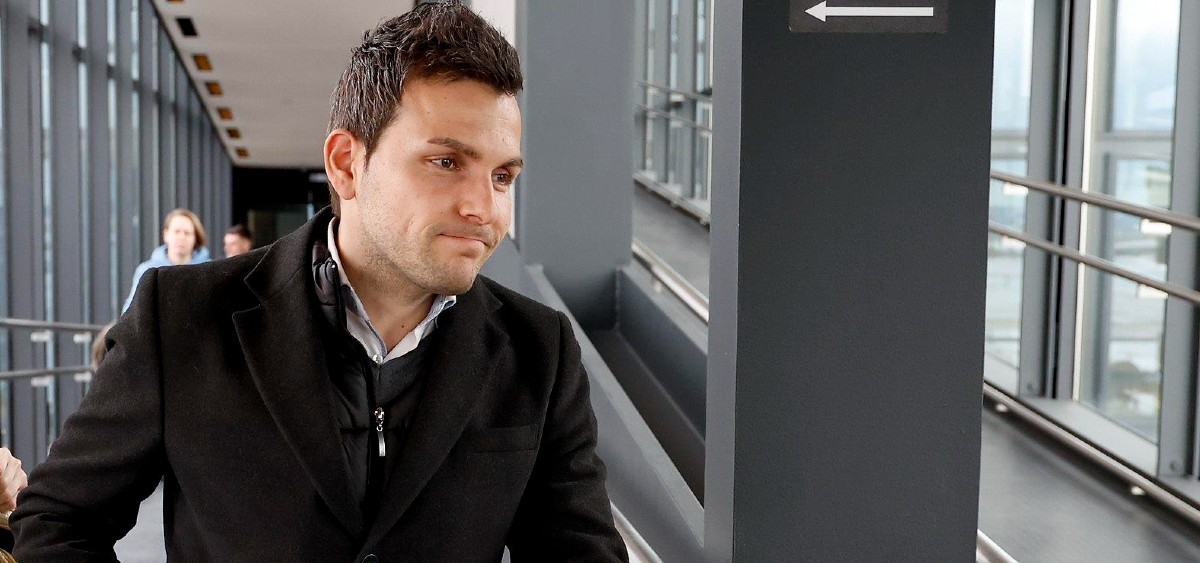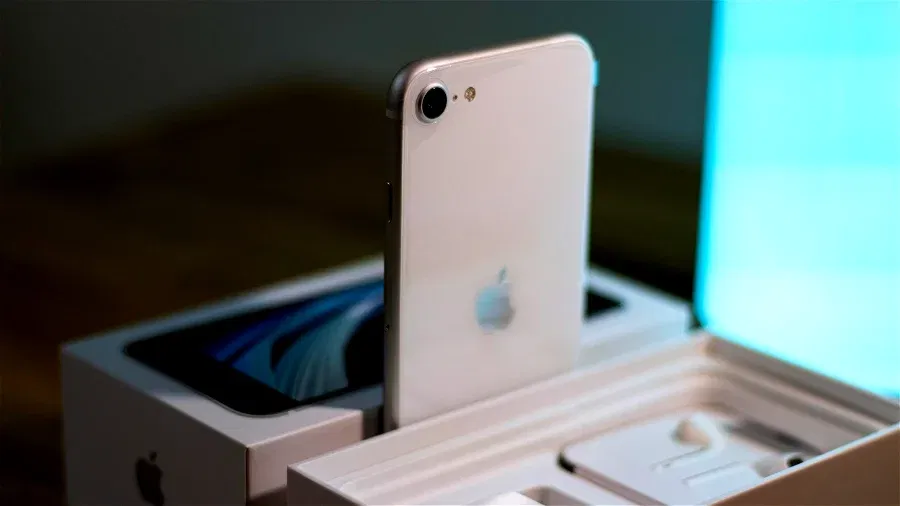to updateInvestors sent Apple shares down nearly three percent after the European Commission announced a $1 billion fine. The US iPhone maker has to pay €1.84 billion because it competes unfairly with music streaming services such as Sweden's Spotify. “Apple has abused its dominant position in the music streaming services market for a decade,” said Margrethe Vestager of the European Commission. Apple appeals.
look. Vestager is clear: “This is illegal”
“Apple’s decade-long behavior has led many iOS users to pay significantly higher prices for music subscriptions,” the European Commission press release said. “They had to do this because Apple exacts significant contributions from developers and passes them on to its customers.”
The fine imposed by the European Commission is a piece of cake for Apple. This relates to two percent of the profits made by the tech giant in the previous financial year. At that time, Apple's turnover was approximately 353 billion euros. Profits amounted to 89 billion euros. European Commissioner Vestager is convinced that the amount is large enough to discourage Apple from violating EU rules again.
At around 5pm Belgium time, Apple's stock price was in the red. The stock fell nearly three percent within about an hour on the US Nasdaq stock exchange.
Apple's response: “Spotify doesn't pay a dime to Apple”
Apple stated in a press statement that it does not agree with the Commission's decision. The company will appeal and the lawsuit could drag on for years. Spotify has not yet responded to the $1 billion fine.
Apple points out that Spotify has achieved success in part thanks to the App Store on the iPhone. “Together, the app has been downloaded 119 billion times on Apple devices. It is available in 160 different countries,” the company wrote. “Today, Spotify has 56% market share in Europe, more than double the share of its closest competitor, and all without paying Apple.” Apple one cent.”
Spotify's response: “Decision sends an important signal”
Spotify responded in a press release with satisfaction, but a wait-and-see attitude. “This decision sends an important signal. “No company, not even a monopoly like Apple, can abuse the power to determine how other companies interact with their customers,” she said.
The Swedish company also warns: “While we appreciate that the European Commission has addressed this important issue, we also know that the details are important. Apple has routinely circumvented laws and court decisions in other markets.
Why is the European Commission punishing Apple?
Anyone who wants to publish an app on the App Store for iPhone or iPad must pay Apple up to 30 percent of all transactions. This ranges from the purchase price of the app to the digital purchases you make in it or the subscriptions you make with it. That's why, for example, you can't get a subscription via the Netflix app, but must do so on the streaming service's website.
Music streaming services like Spotify have wanted to use its payment service in their iOS apps for years. This would allow them to avoid so-called “Apple taxes.” But Apple doesn't allow that. Developers are not even allowed to inform users in their apps that they can get a cheaper subscription on their website.
The European Commission believes this is unfair competition, because the iPhone maker also runs the Apple Music streaming service. Obviously, Apple shouldn't be waiving 30 percent of the subscription fee.
Apple doesn't just have to pay the high fine. The company may no longer prevent developers from letting users know they can pay for subscriptions elsewhere. As of March, developers can avoid the “Apple tax” by launching their own App Store, but there has been heavy criticism from several companies.
What happens to that 1.84 billion euros?
It often takes years before tech companies actually pay their fines. Generally, they appeal the committee's decision. These lawsuits continue for a long time.
The final amount that companies have to pay as a fine will end up in the EU's general budget. Therefore the funds are not used to cover a specific cost in the EU. “The fines help finance the EU, thus reducing taxpayer contributions,” the Commission wrote on its website.
It is not the first clash between the Commission and Apple
This is not the only issue on which the Commission and Apple disagree. For example, from March onwards, it will be possible to make mobile payments on iPhone using apps other than Apple Pay.
This could mean that banks enable contactless payments using an iPhone without having to link a bank card to Apple Pay. This has advantages for the banks themselves, because they do not have to pay transaction costs to Apple.
By far the largest fine for a technology company
The €1.84 billion fine is a significant sum, but a far cry from the fine the European Commission imposed on a technology company.
For example, in 2017, the European Union competition watchdog demanded €2.4 billion from Google. This case revolves around the unfair favoritism given to Google Shopping.
Through this service you can search for products to purchase online. Google Shopping results are displayed more clearly on the dominant search engine than competitors' results.
Google disagrees with the fine and has appealed it. The European Union Court of Justice is expected to decide this year whether the tech giant should actually pay the billions. The court will likely rule against Google.
Read also:
DPG Media, along with other European media companies, is demanding €2.1 billion from Google
Apple bows to new EU rules: Here's what will change on your iPhone
Free unlimited access to Showbytes? Which can!
Log in or create an account and never miss a thing from the stars.

“Total coffee specialist. Hardcore reader. Incurable music scholar. Web guru. Freelance troublemaker. Problem solver. Travel trailblazer.”

:format(jpeg):fill(f8f8f8,true)/s3/static.nrc.nl/bvhw/wp-content/blogs.dir/114/files/2021/11/trujilo-vierkant.png)





More Stories
European stock markets are expected to open lower.
Bosman transfers the company to the Finns.
Belgian businessman saves Flemish stores from collapsing fashion chain Scotch & Soda